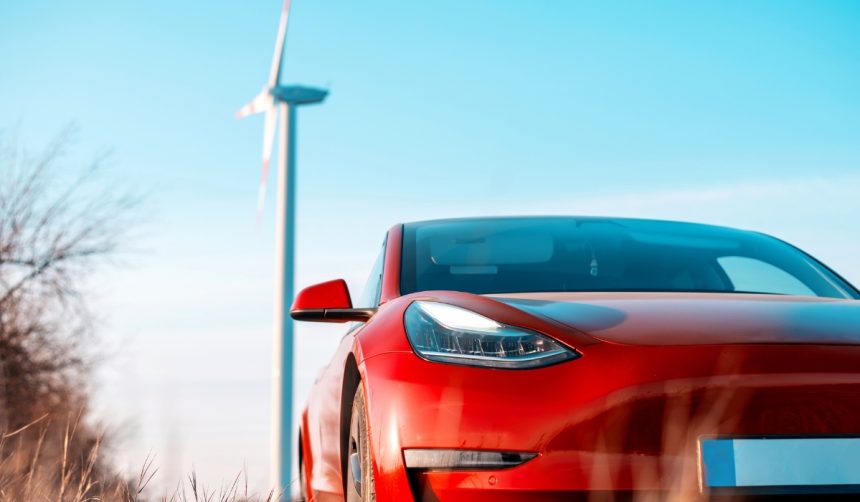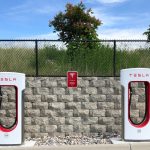Amid growing scrutiny on international supply chains, Tesla has taken a definitive step to secure domestic battery components by forging a substantial agreement with LG Energy Solution. The automaker seeks to shore up its energy storage systems and reduce exposure to trade tensions and tariffs that have shaped the global electronics landscape. The $4.3 billion contract will see lithium iron phosphate (LFP) batteries produced at LGES’s Michigan facility. This initiative indicates Tesla’s ongoing strategy to reinforce its U.S. manufacturing footprint, improve supplier flexibility, and adapt swiftly to evolving political winds. As energy demand for data centers and AI infrastructure climbs, reliable local supply chains have become increasingly crucial for technology companies.
Comparing this development to earlier reports, previous coverage of Tesla’s supply chain strategy primarily highlighted its reliance on Asian cell makers, especially for LFP battery chemistry, often sourced from Chinese firms. Earlier statements from both companies signaled intent to boost U.S.-based production, but recent updates reveal a more concrete commitment with specific financial terms and production plans. Information from prior quarters referenced broader aspirations, while the current announcement points toward an actionable, immediate partnership that could influence domestic job markets, supply security, and pricing pressures amid continuing tariff uncertainties in U.S.-China trade relations.
What Does the Tesla-LGES Deal Include?
The agreement between Tesla and LG Energy Solution covers the supply of LFP battery cells, to be manufactured at LGES’s Michigan facility over a period of three years. This supply deal specifically targets Tesla’s energy storage applications rather than electric vehicle production. Tesla’s choice in battery chemistry aims to support long-life, safe, and cost-efficient storage solutions for its industrial customers as well as utility-scale deployments, maintaining product consistency and cost control.
How Are Both Companies Expected to Benefit?
Tesla stands to secure a critical inventory of battery cells embedded within the U.S. market, mitigating the risk associated with foreign tariffs and import delays. At the same time, LG Energy Solution gains an avenue to offset a slowdown in automotive battery demand through large-scale energy storage projects. These deployments increasingly support the data center sector, where uninterrupted power is vital for AI-related computing operations.
Will the New Supply Chain Impact Tesla’s Operations?
According to Tesla, the newly established domestic supply chain is expected to enhance reliability and ease tariff pressures. Tesla CFO Vaibhav Taneja commented,
“We continue to work on securing additional supply chain from non-China-based suppliers.”
LG Energy Solution added,
“This contract will activate our U.S. production lines for large-scale energy storage batteries.”
These statements highlight the companies’ mutual focus on supply stability and operational continuity.
The expansion of local production capabilities by Tesla and LG Energy Solution reflects the broader industry trend of enhancing supply chain resilience amid trade policy uncertainties. For businesses with significant infrastructure and energy needs, secure access to LFP battery technology remains essential. Firms are increasingly prioritizing supplier diversity and localization strategies to weather unpredictable market shifts. For organizations considering similar moves, it is essential to weigh not just cost but long-term supply security and regulatory compliance in their procurement processes.
- Tesla and LGES signed a $4.3 billion deal for U.S.-made LFP batteries.
- The batteries will support Tesla’s domestic energy storage systems.
- Both firms anticipate greater supply stability and reduced tariff exposure.










